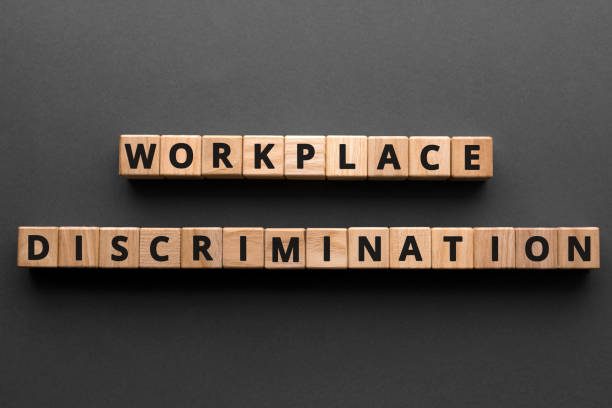Understanding Discrimination in the Workplace

In the diverse landscape of the American workforce, understanding discrimination is crucial for both employers and employees. Discrimination in the workplace can manifest in various forms, impacting individuals’ rights, well-being, and opportunities for advancement. Pinkston Law Group, P.C., with its unwavering commitment to justice and equality, offers this comprehensive guide to shed light on workplace discrimination and advocate for a fair working environment for all.
What is Workplace Discrimination?
Workplace discrimination occurs when an employee or job applicant is treated unfavorably because of their race, gender, age, religion, national origin, disability, or sexual orientation, among other protected characteristics. This unfair treatment can affect hiring, termination, promotion, compensation, job training, and other aspects of employment.
Types of Discrimination
- Race and Color Discrimination: Treating someone unfavorably because of their race or personal characteristics associated with race.
- Gender Discrimination: Involves treating someone unfavorably because of their gender or sex.
- Age Discrimination: Discriminating against employees or applicants who are 40 years old or older.
- Disability Discrimination: Treating a qualified individual with a disability unfavorably because of their disability.
- Religious Discrimination: Treating someone differently because of their religious beliefs.
- National Origin Discrimination: Discrimination because of an individual’s country of origin, accent, or ethnicity.
- Sexual Orientation and Gender Identity Discrimination: Treating individuals unfavorably because of their sexual orientation or gender identity.
Laws Protecting Against Workplace Discrimination
Several federal laws in the U.S. protect employees from discrimination:
- Title VII of the Civil Rights Act of 1964: Prohibits discrimination based on race, color, religion, sex, or national origin.
- Age Discrimination in Employment Act of 1967 (ADEA): Protects applicants and employees 40 years of age or older from discrimination.
- Americans with Disabilities Act of 1990 (ADA): Prohibits discrimination against individuals with disabilities.
- Equal Pay Act of 1963 (EPA): Requires that men and women in the same workplace be given equal pay for equal work.
Recognizing Discrimination
Discrimination can be overt or subtle, making it sometimes difficult to recognize. It may involve:
- Direct Actions: Such as derogatory comments, unequal pay, or unjustified disciplinary actions.
- Indirect Actions: Policies or practices that disproportionately impact certain groups of people.
What to Do if You Face Discrimination
- Document the Incidents: Keep detailed records of discriminatory actions, including dates, times, witnesses, and the nature of the discrimination.
- Report Internally: Utilize your employer’s grievance procedures to report discrimination.
- Seek Legal Counsel: Consult with an experienced employment discrimination attorney to understand your rights and options.
Call to Action: How Pinkston Law Group, P.C. Can Help
At Pinkston Law Group, P.C., we believe in the right of every individual to work in an environment free from discrimination. If you believe you’ve been the victim of workplace discrimination, our team of dedicated legal professionals is here to help. We offer expert guidance and representation to ensure your rights are protected and to pursue justice on your behalf.
We encourage anyone facing workplace discrimination to contact us for a consultation. Our commitment is to provide you with the legal support you need to address discrimination effectively and restore fairness to your working environment.
Remember, standing up against discrimination is not just about protecting your rights—it’s about fostering a culture of inclusivity and respect for all. Together, we can make a difference.
For more information or to schedule a consultation, visit our website or contact Pinkston Law Group, P.C., today. Your fight for justice is our fight, too.





